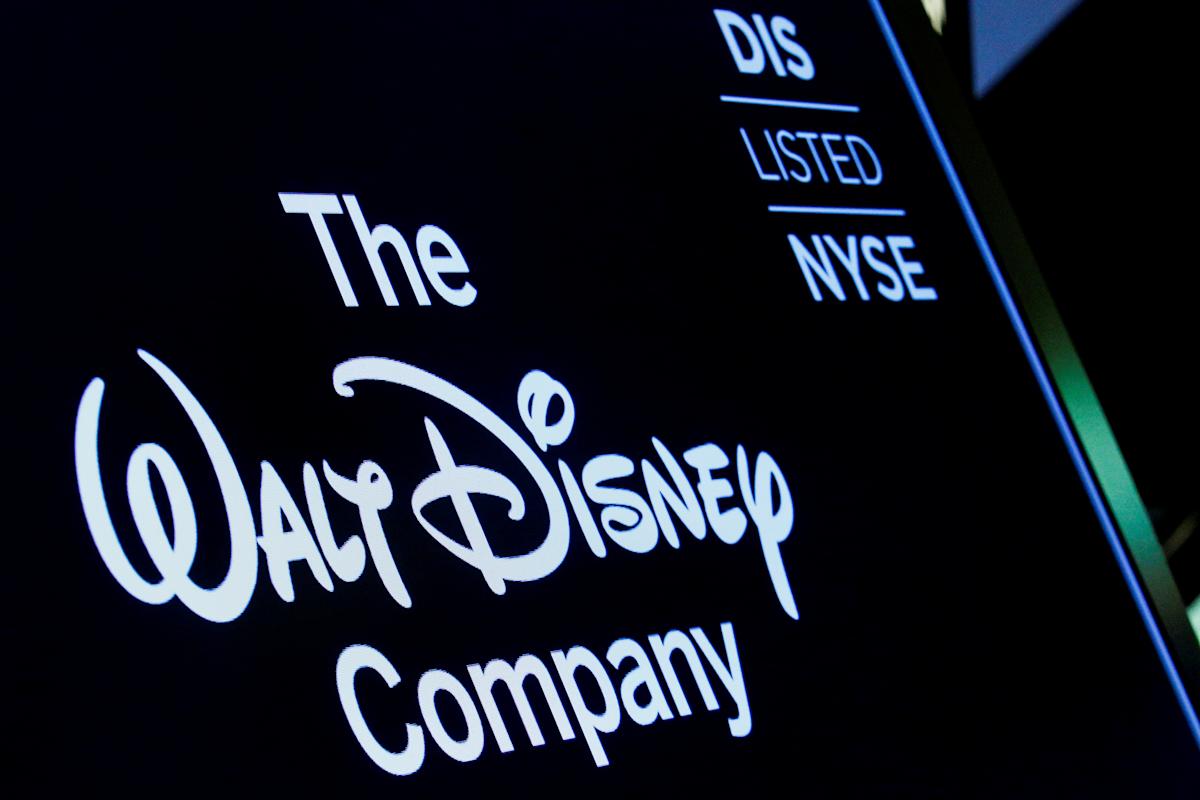Disney, Warner Bros. Discovery and Universal Sue AI App Hailuo Over Copyright Infringement

Key Points
- Disney, Warner Bros. Discovery and Universal file a joint lawsuit against MiniMax, the owner of Hailuo AI.
- The complaint alleges that Hailuo "pirates and plunders" the studios' copyrighted works on a massive scale.
- Dozens of screenshots show AI‑generated images that replicate characters from DC, Marvel, Star Wars, Minions and other franchises.
- MiniMax is accused of marketing Hailuo as a "Hollywood studio in your pocket" and encouraging infringing creations.
- The lawsuit follows similar actions against Midjourney by Warner Bros. Discovery, Disney and Universal.
- The case highlights growing legal scrutiny of generative‑AI tools that use copyrighted material for training and output.
Disney, Warner Bros. Discovery and Universal have filed a joint lawsuit in California against MiniMax, the Chinese company behind the Hailuo AI app. The studios allege that Hailuo "pirates and plunders" their copyrighted works on a massive scale, using the platform to generate images and videos that replicate characters and scenes from their film and television properties. The complaint includes numerous screenshots of infringing content and accuses MiniMax of actively encouraging violations while marketing the app as a "Hollywood studio in your pocket." This case follows similar actions against other AI generators.
Three Major Studios Unite in Copyright Lawsuit
Disney, Universal and Warner Bros. Discovery have joined forces to bring a single lawsuit against MiniMax, the Chinese firm that operates the Hailuo AI image and video generation platform. The complaint, filed in a California federal court, asserts that Hailuo systematically copies and repurposes the studios' protected works, ranging from superhero figures to animated characters and iconic film franchises. The plaintiffs describe the alleged infringement as occurring "on a massive scale," arguing that the AI tool is being used to create new visual content that directly mirrors copyrighted material.
Evidence Presented in the Complaint
The lawsuit includes dozens of screenshots that depict Hailuo‑generated images featuring characters and scenes drawn from the studios' extensive catalogs. These examples span a wide spectrum of intellectual property, including properties from the DC and Marvel universes, the Star Wars saga, and popular animated franchises such as Minions. The plaintiffs contend that the images demonstrate a clear pattern of unauthorized replication, rather than incidental or transformative use.
Allegations About MiniMax’s Conduct
Beyond the technical aspects of the alleged copying, the complaint charges MiniMax with failing to take reasonable steps to prevent infringement. The studios claim that MiniMax not only neglected to implement safeguards but also actively promoted the creation of infringing content. Marketing materials for Hailuo describe the app as a "Hollywood studio in your pocket," and advertisements explicitly invite users to produce custom videos using protected works. The plaintiffs argue that this conduct reflects a business model built around the willful and brazen violation of U.S. copyright law.
Context Within a Growing Wave of AI‑Related Litigation
The Hailuo lawsuit arrives amid a broader trend of media companies taking legal action against generative‑AI tools. Earlier this year, Warner Bros. Discovery sued Midjourney, an AI image generator, over similar claims of copyright infringement. Disney and Universal also filed a joint suit against Midjourney in the preceding month. The rising number of lawsuits signals increasing concern among content creators that AI technologies are being used to appropriate copyrighted material without permission or compensation.
Implications for the AI Industry and Content Creators
While the outcome of the Hailuo case remains pending, the filing underscores the legal challenges facing AI developers that rely on large datasets of existing media. The studios’ allegations suggest that courts may scrutinize not only the technical capabilities of AI models but also the marketing and user‑guidance practices of companies that deploy them. The case may prompt AI firms to reassess how they train models, how they present their services to users, and what safeguards they implement to avoid infringing on copyrighted works.
Potential Impact on Future AI Development
Should the courts rule in favor of the studios, the decision could set a precedent that influences how generative‑AI platforms operate globally. It may also encourage additional litigation from other rights‑holding entities seeking to protect their intellectual property against AI‑driven replication. For now, the lawsuit represents a significant escalation in the ongoing debate over the balance between technological innovation and the protection of creative works.